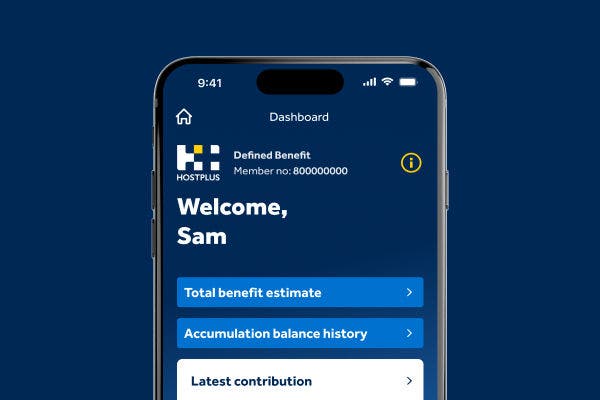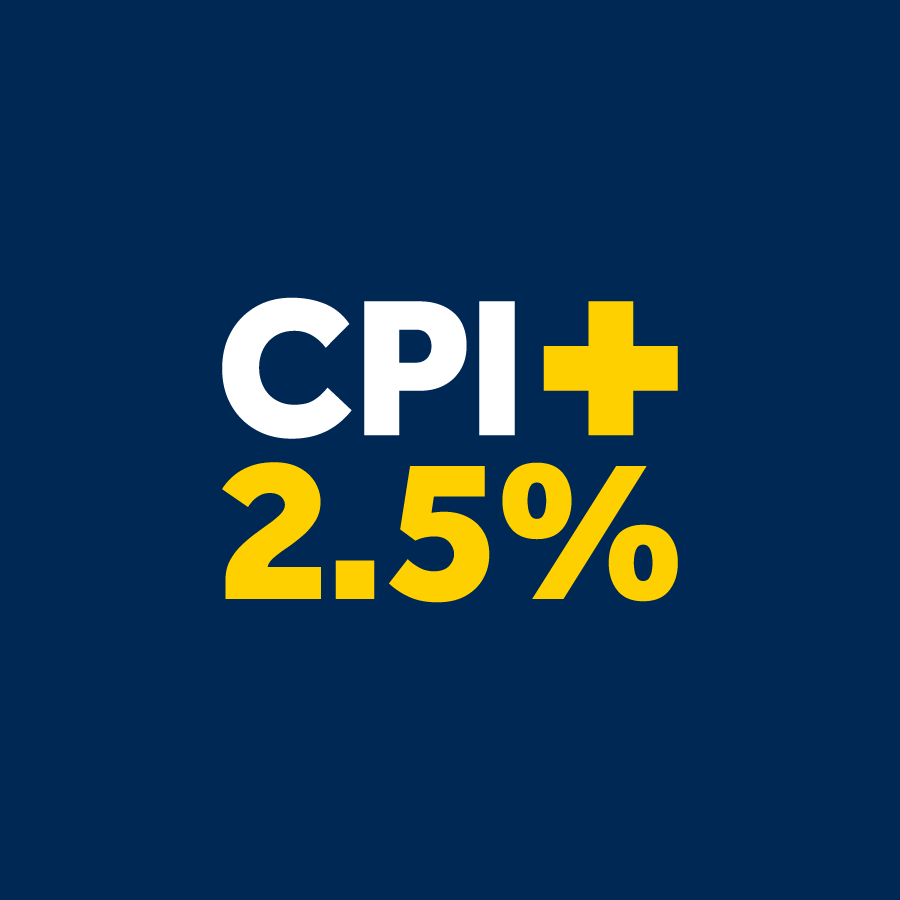
Traditionally difficult to access, non-traditional assets weren’t on the radar of SMSF investors. That’s no longer the case thanks to Hostplus SMI.
Most investors are familiar with shares and bonds, but there is a vast universe of investments beyond those two listed asset classes that have the potential to offer investors not just additional returns, but also protection from risk via enhanced portfolio diversification.
Sam Sicilia has been Chief Investment Officer of Hostplus for over a decade and has worked in financial services for twice as long again. He is very familiar with the benefits non-traditional asset classes can bring to a portfolio.
Sicilia points out that, a hundred years ago, the main assets available to individual investors were shares and bonds.
“With only two asset classes – shares and bonds – it made sense to think that when shares go up bonds go down, and when shares go down bonds go up, and therefore it protects you to have a balance of the two,” he says.
But over the past century, investors are no longer just individuals. Today, groups of investors have come together as institutional buyers through pension funds, superannuation funds or sovereign wealth funds. Their combined wealth has enabled them to explore and develop new asset classes for the potential benefit of all investors.

What are non-traditional assets?
In addition to shares and bonds, there is, of course, residential property as an asset class. But institutional investors also have access to commercial, retail and industrial property, infrastructure and private equity.
- Property extends beyond the residential sector to include factories, warehouses, commercial office buildings, shopping centres and specialist property such as medical offices. The return for the investor is the rent the tenant pays and the capital gain from increasing property values.
- Infrastructure assets such as toll roads, airports and seaports, which were traditionally built and owned by governments, also now offer opportunities for those investors with enough capital to access them. The return comprises the fees that users pay for access to the infrastructure asset and the increase in value of the asset over time.
- Private equity involves investing capital in unlisted companies, and that may also just be starting out, but that offer significant potential to outperform over the long term. It takes investment expertise to identify these kinds of companies and meaningful capital to help them achieve their goals.
Hostplus, as Sicilia explains, invests in private equity and venture capital because its size and long-term investment horizon make it a suitable investor in this asset class.
“Our size allows us to take a longer-term view; to say – here is a start-up company,” Sicilia explains. “Yes, it may have no revenue today. And it cannot be found listed on a stock exchange, and the valuation of the asset is complex. And yet, with the support of start-up capital, you end up with a thriving company that contributes to the economy of the future.”
Delivering an investment advantage
The benefits of non-traditional assets are not only found in the additional portfolio performance they can provide, but also in the fact that any performance is generally not correlated to listed assets. Unlisted assets like infrastructure and property are not impacted by the unpredictability of equity markets, which can be predominantly driven by sentiment, rather than fundamentals, in times of crises.
Instead, the prices of unlisted assets are determined by independent expert valuers, who value these assets for their investors around once a quarter, respective to the Hostplus Valuation Policy.
“An expert valuer who lives and breathes airports is likely to do a much better job pricing an airport for the long term compared to what the market does pricing a listed airport, because valuers are unaffected by sentiment,” Sicilia says.
As an example, Sydney Airport, which was fully listed in early 2020 during the initial Covid market dislocation, was sold down by more than 40% at that time – even more than the overall market – as investors panicked that Covid would stop travel indefinitely.
Melbourne Airport, which was held by a consortium of private investors including Hostplus, was not devalued by nearly as much because the value it was already being carried at – prior to Covid – was more reflective of its long term fundamentals, Sicilia explains.
Added risk protection
Investing in start-ups can be less risky than it first seems. The risk for an individual investor, of course, can be large if a sizeable investment in a start-up is their only investment, as there is the potential to lose all their capital if the start-up fails.
But with size comes the potential to greatly diversify risk, and just as equity investors know that it would be foolish to invest all their funds into one company, large institutional investors are also able to diversify their private equity and venture capital allocations across a range of investments. This insulates the overall portfolio from losses in any one investment.
DIY super with a helping hand
Hostplus saw an opportunity just after the global financial crisis to restructure its fund in a way that would allow it to offer sector-specific investment options in infrastructure and property to SMSFs via Hostplus Self-Managed Invest (SMI).
Through SMI, SMSFs can now invest in these non-traditional asset classes in a way never previously available to them. They can now improve diversity, and potentially benefit from investments in start-up companies, without outlaying a huge amount of capital by investing alongside Hostplus.
These options are an easy and cost-effective way for SMSFs to invest in previously inaccessible asset classes at investment management fees of less than 0.6%*. It’s a neat way for SMSFs to stand on the shoulders of the giant Hostplus to diversify an overall portfolio.
Read more about Hostplus SMI and how to invest in the product disclosure statement here.
To learn more about Hostplus Self-Managed Invest, please send our team an online enquiry or call us on 1300 350 819.
*0.6% excludes performance fees and transaction costs.
This information is general advice only and does not take into account your personal objectives, financial situation or needs. You should consider if this information is appropriate for you in light of your circumstances before acting on it. Please read the relevant Hostplus Product Disclosure Statement (PDS), available at hostplus.com.au before making a decision about Hostplus. For a description of the target market, please read the Target Market Determination (TMD), available at hostplus.com.au.
Net investment returns represent the rate of return on investments after investment-related fees, costs and taxes have been deducted. Past performance is not a reliable indicator of future performance and should never be the sole factor considered when selecting a superannuation fund.





